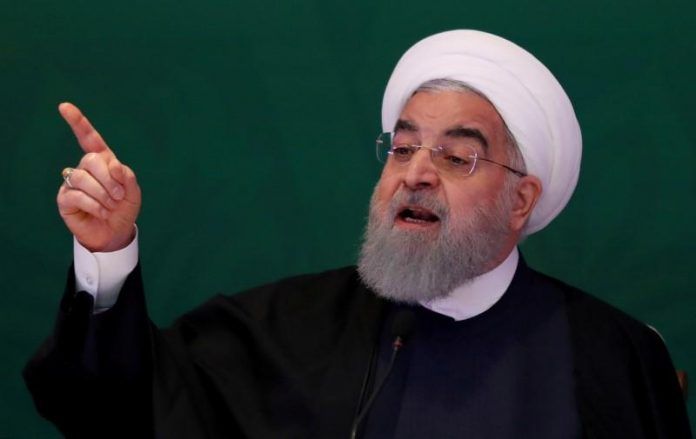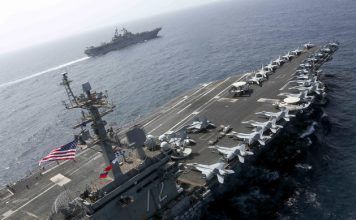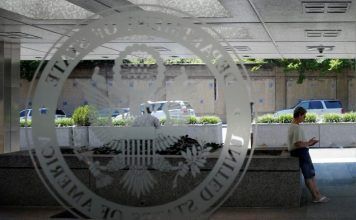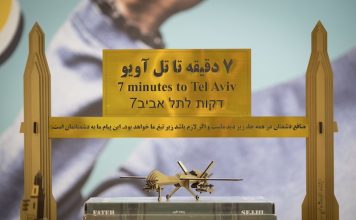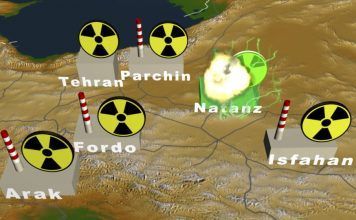DUBAI, April 14 (Reuters) – Iran’s move to enrich uranium up to 60% purity is a response to the sabotage at its key nuclear facility, President Hassan Rouhani said on Wednesday.
After an explosion at its Natanz uranium enrichment site on Sunday blamed by Tehran on arch-foe Israel, Iran said it would begin enriching uranium at 60%, a move bringing the fissile material closer to levels suitable for a bomb.
It also said it would activate 1,000 advanced centrifuge machines at the site.
“Of course, the security and intelligence officials must give the final reports, but apparently it is the crime of the Zionists, and if the Zionists act against our nation, we will answer it,” Rouhani said in a televised cabinet meeting.
“Our response to their malice is replacing the damaged centrifuges with more advanced ones and ramping up the enrichment to 60% at the Natanz facility.”
Iranian authorities have described the incident as an act of “nuclear terrorism”.
Israel, which the Islamic Republic does not recognise, has not formally commented on the matter.
The International Atomic Energy Agency, the U.N. nuclear watchdog, said on Tuesday it had been informed of Iran’s decision.
Iran’s 2015 nuclear deal with six powers, which it has been breaching since the United States withdrew in 2018 and reimposed sanctions on Tehran, caps the fissile purity to which Tehran can refine uranium at 3.67%.
That is under the 20% achieved before the agreement and below the 90% suitable for a nuclear weapon.
In an apparent bid to heap pressure on U.S. President Joe Biden’s administration that is willing to revive the accord, Iran in recent months has raised enrichment to 20% purity, a level where uranium is considered to be highly enriched.
Rouhani said Tehran had no intention to obtain or develop nuclear weapons.
France said on Tuesday it was coordinating a response with world powers, including the United States, after Iran said it would begin enriching uranium at 60%.
Washington called Iran’s announcement “provocative” and said the U.S. administration was concerned, adding that it called into question Tehran’s seriousness on nuclear talks.
Last week, Iran and the global powers held what they described as “constructive” talks to salvage the 2015 accord.
The talks will resume on Thursday in Vienna to discuss the sanctions Washington might lift and the nuclear curbs Tehran might observe.
“They (Israel) want our hands to be empty in the negotiations, but we will be in the negotiations with a stronger hand,” Rouhani said.
(Writing by Parisa Hafezi, Editing by William Maclean)

